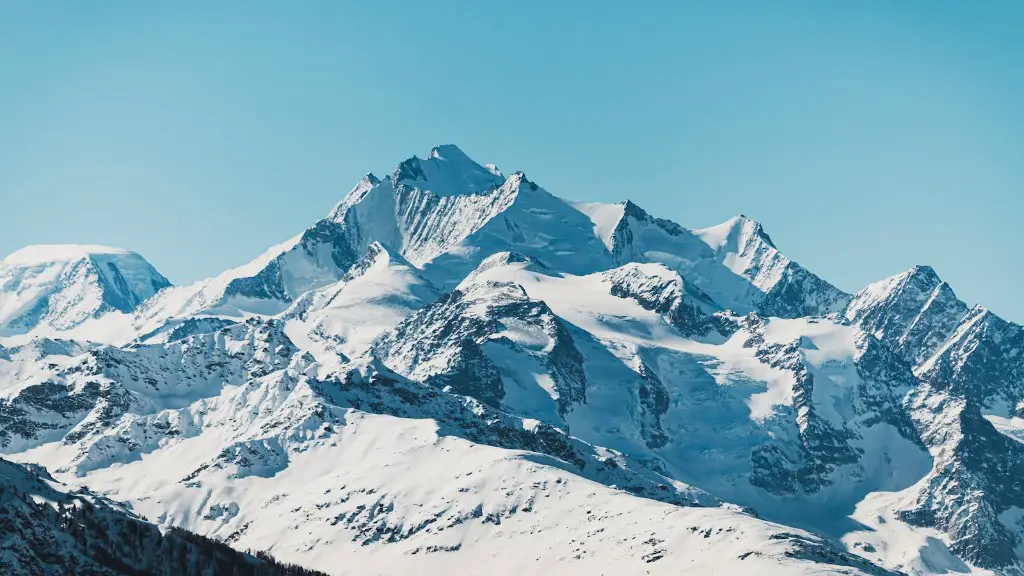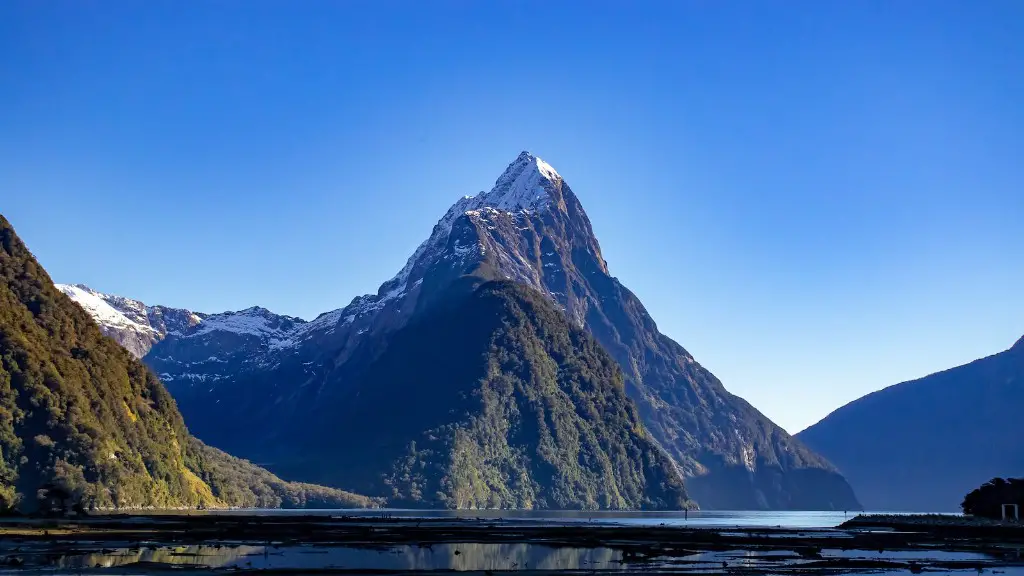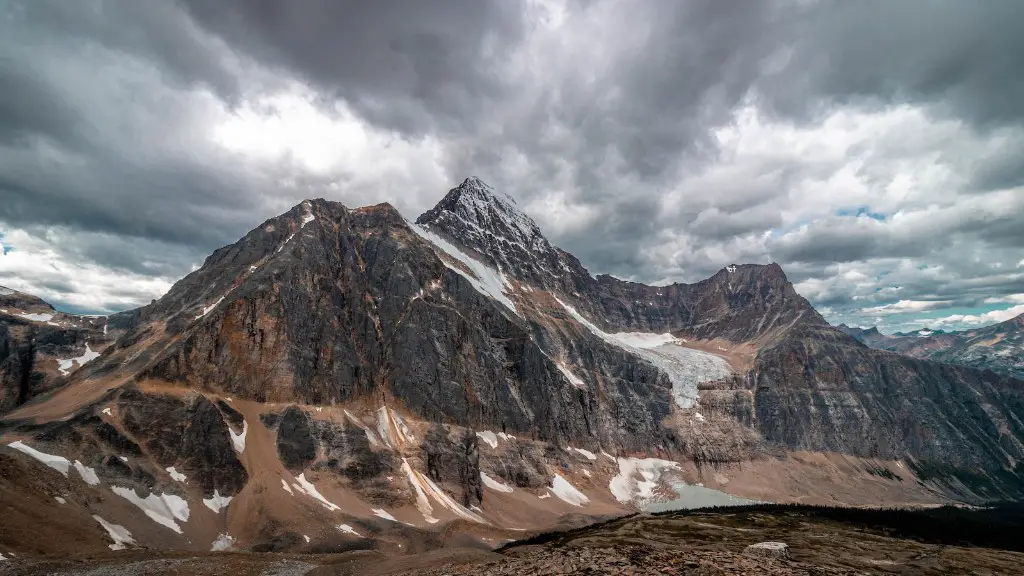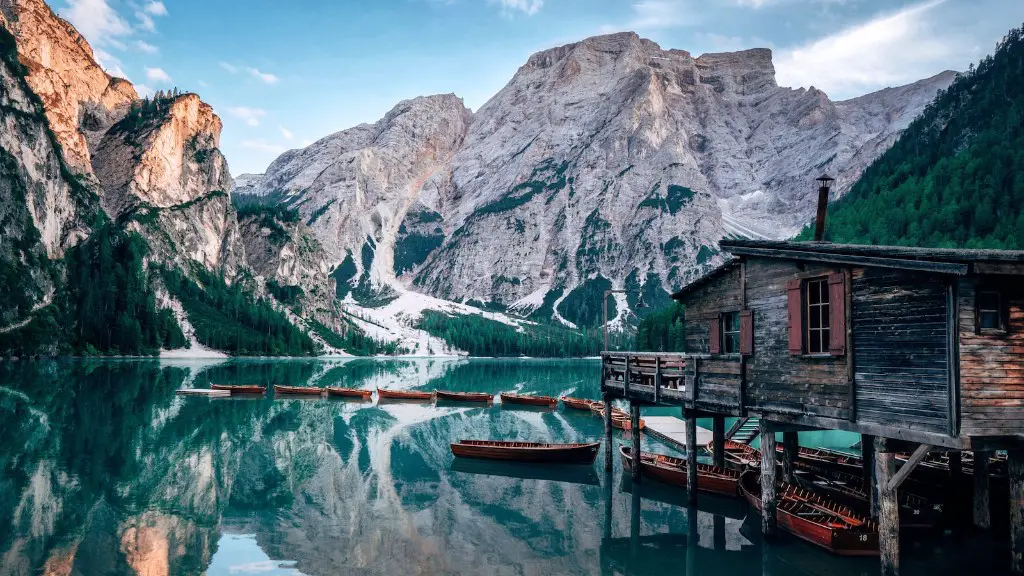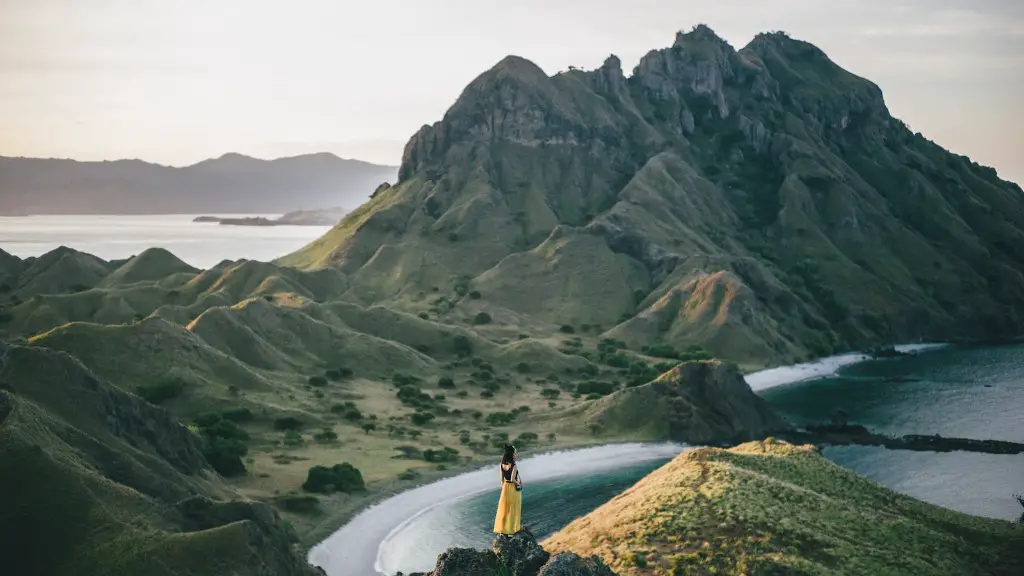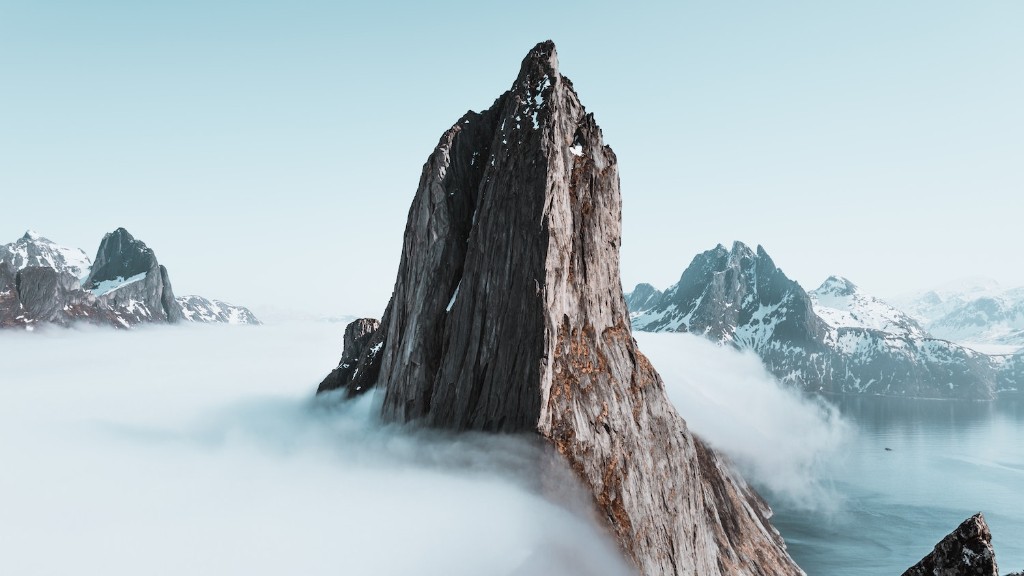In order to climb Mount Kilimanjaro, you need to be prepared for a long and difficult journey. It will take you at least seven days to reach the summit, and you need to be in good physical condition to make the climb. You also need to be well-equipped, with proper clothing and gear.
It takes approximately seven to ten days to climb Mount Kilimanjaro.
Is it hard to climb the Kilimanjaro?
Mount Kilimanjaro is a fair difficult mountain to climb. With more than 50% of the climbers suffering from mountain sickness, Kilimanjaro is an extreme altitude mountain trek. Measuring 19,341 feet, or 5,895 meters, you will need to prepare well and train before attempting to climb Kili.
Yes, beginners can climb Kilimanjaro, but they should be aware of the conditions, seasonal climates, costs, and requirements to prepare themselves for this challenge. The best time to climb Kilimanjaro is during the dry season (January to February and August to October), when the weather is more stable. The average cost of a seven-day climb is $2,000-$4,000, which includes guides, porters, food, and equipment. Beginners should also be in good physical condition and have some experience hiking and camping.
Can you climb Kilimanjaro in 3 days
The Marangu Route is a great choice for beginners or those who are short on time. The trip takes 3 days of climbing and 2 overnight stays, and you will still get to experience the beauty of Mount Kilimanjaro and Tanzania.
If you are planning on hiking to Mount Kilimanjaro Summit Uhuru peak, it is best to allow for five to nine days on the longer routes. This will give you time to acclimatize to the altitude and will make it less likely that you will become fatigued. The more days you spend on the mountain, the better your chances of reaching the summit.
Do you need oxygen to climb Kilimanjaro?
Kilimanjaro’s altitude can be a significant challenge for climbers, but supplemental oxygen is not necessary to reach the summit. The best way to acclimatize to the altitude is to walk slowly (pole pole) and sleep at lower altitudes.
The average cost to climb Kilimanjaro is $2000 to $6000, the price varies from cheap, budget operators to large Western travel agents selling outsourced climbs at an inflated price. There are various, unavoidable fixed costs to any tour operator and if a climb seems too cheap, you’ve got to ask yourself why.
How cold is it climbing Kilimanjaro?
The average temperature on Mount Kilimanjaro is determined more by the altitude and time of day. At the base of the mountain, the average temperature is around 21 to 27 degrees Celsius. At the summit, Uhuru Peak, the night time temperatures can range between 20 and -20 degrees Fahrenheit (-7 to -29 degrees Celsius).
Mount Kilimanjaro is an iconic mountain and definitely worth the experience, even if you don’t summit. The success rate is actually lower than most people think, but that doesn’t take away from the adventure. It’s also important to remember that even the fittest and most experienced climbers can fail, so don’t get discouraged if you don’t make it to the top.
What is the success rate of climbing Kilimanjaro
Mt. Kilimanjaro is one of the most popular mountains in the world for trekking. Every year, around 50,000 people try to reach the summit. However, according to research published by the Climb Kilimanjaro Guide, the average summit success rate across all climbers and routes is only 65%.
There are many reasons why some climbers fail to reach the summit, including poor physical conditioning, inadequate preparation, and bad weather. However, the most common reason is simply because the mountain is too difficult.
If you’re considering trekking Mt. Kilimanjaro, make sure you’re physically and mentally prepared for the challenge. And even then, be aware that there’s a significant chance you won’t make it to the top.
For the average person, being able to successfully climb Kilimanjaro is attainable. You don’t need to be overly fit, and you don’t need any technical climbing skills. Just be sure to train properly and listen to your body, and you’ll be able to reach the summit!
Can you climb Kilimanjaro without training?
No specialist climbing skills are necessary for the climb, but you must have done extensive hill-walking or aerobic exercise in the run-up to your Kilimanjaro Climb. If you do not currently enjoy a good level of fitness, it may take many months of training to reach a suitable level of fitness to enjoy the walk.
The number of miles you have to hike to Mount Kilimanjaro varies depending on the route you choose. The Umbwe route is the shortest, but also the steepest. It’s only 23 miles (37 kilometers) long. The longest route is the Northern Circuit, which is 56 miles (90 kilometers) long.
How far do you walk each day on Kilimanjaro
The full day is 12 – 14 hours of trekking and covers 112 miles/ 181km 1,245m/ 4,084 feet up the mountain from Barafu or 1,095m/ 3,592 feet up from Kosovo Camp to the summit. You then have 2,795m/ 9,169 feet down hill all in the same day.
January and February are great months for climbing Mount Kilimanjaro because the weather is warm and sunny. However, you may experience some afternoon clouds and rain.
Is Kilimanjaro in the death zone?
The Western Breach Route on Mount Kilimanjaro is considered to be more dangerous than the other routes due to the risks of rock falls. In the past, there have been tragic deaths caused by rock falls in this area. It is recommended to avoid the Western Breach Route and instead choose one of the other routes up Kilimanjaro that are considered to be safe.
Kilimanjaro is generally considered to be the harder of the two treks, due to summit night. Although there are aspects of the Everest Base Camp trek that are harder, the general consensus is that Kilimanjaro is more difficult overall. This is largely due to the fact that summit night is a big challenge on Kilimanjaro.
Warp Up
It usually takes about five to seven days to climb Mount Kilimanjaro.
It typically takes 7-9 days to climb Mount Kilimanjaro.
